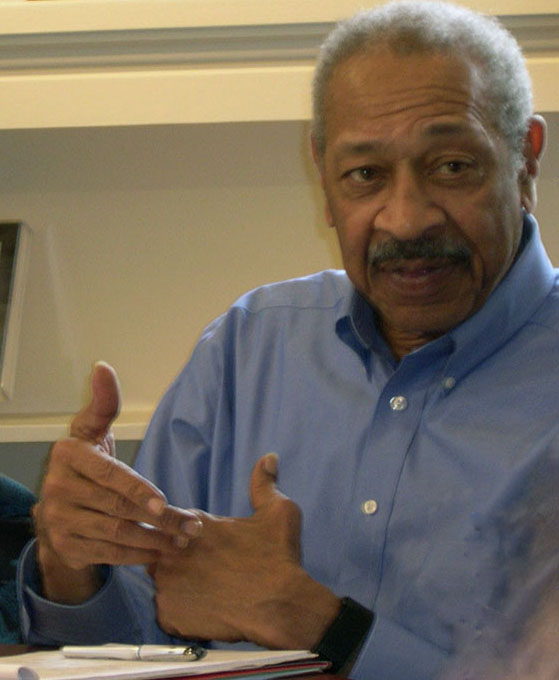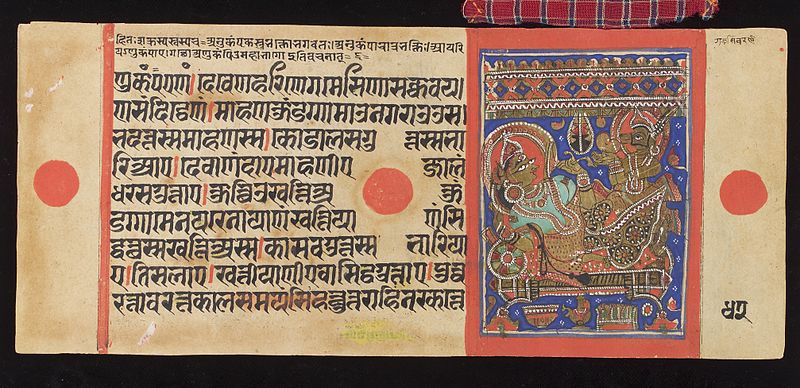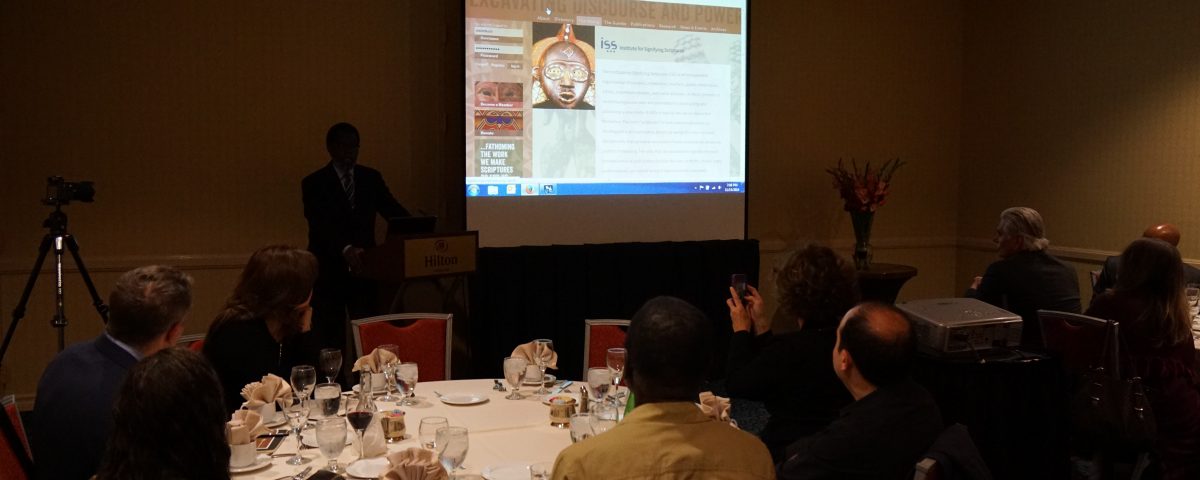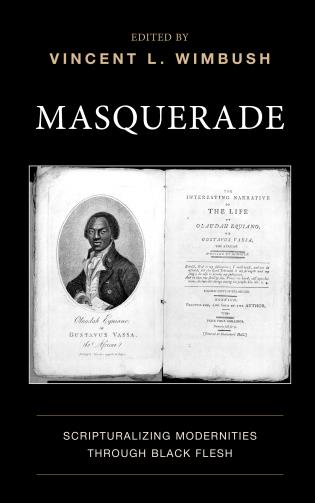
The Abeng – A Journal of Transdisciplinary Criticism – Inaugural Issue
July 9, 2016
Toasts on the Occasion of the Launch of the New ISS
July 9, 2016Remarks on the Launch of the Institute for Signifying Scriptures as independent organization

by Vincent L. Wimbush
The following is a redacted version of remarks given by the Institute’s director on November 15, 2014.
Welcome all to this auspicious occasion—the launch of the Institute for Signifying Scriptures (ISS) as independent organization.
Boko Haram. The Islamic Maghreb. ISIS. Justice Scalia’s constitutional originalism. The Qu’ran-burning Pastor Terry Jones. The politics of (re)Sankritization in India. The 2011 celebration of the 400TH Anniversary of the King James Bible in the rhetorical key of “manifold greatness.” The persistent canon wars in the university academic fields. The roiling politics of language use and instruction in some public schools. The ongoing manic writing and feverish publication of commentaries in protestant-land. The scriptural mystification of authority in catholic world. Mormon anxiety over the threat to mystification of the scriptural. The scriptural overdetermination of colored peoples —especially in regard to incarceration and education. The gender-ing of scriptural authority. But also the performance of scriptures in the ring-shout, in the chant sermon; in jazz and blues, in music that is poignantly called gospel. The confounding and graphics and images on the walls of and in the backyards of the conventionally unliterate. The scriptural development of Yoruba across the Atlantic. Jazz and its riffing on canonical gestures. And so on…
These are a few of the ongoing dynamics and issues of our time that beg—even scream for–sensitive but also courageous critical analysis, formulated anew. I no longer accept playing defense re: what is included, how expansive should be the reach of “scriptures;” I now challenge critics to show me where scriptures have not been invented, are not present and made to work in human-making and government, in human formation and deformation, in human expressivity and masking.
It is attention to such issues that makes ISS compelling and makes all the more pressing today’s official launch of ISS as independent organization.
So with the strange moniker what/who are we? We are among other things now an independent voluntary association of a diverse group of people, of different social and intellectual backgrounds, of different academic fields and of not fields in particular, ofdifferentprofessional and personal experiences, eager to learn and to be challenged, to “stretch on out” (as one of Ishmael Reed’s characters in Mumbo Jumbo exhorted Papa La Bas to do…) in terms of facilitating and modeling conversation about and research into things that matter.
What is our interest, our cause? To construct, model, and advance a different critical field of inquiry—ultimately, about how we become human—sometimes in toxic and violent terms; at other times in soaring poetic transcendent terms; about how we use language/discourse as power: for and against others and ourselves. “Scriptures” is the freighted shorthand for this work. The name suggests we must focus on the sites for the ultimate politics of language use and politics and leave no domain uninterrogated, left in a fog of mystification. Scriptures registers oddly, poignantly, ironically, metonymically—as site of and nature of the problematic having to do with language/discourse/knowledge and power. We need to think more about, dig deeply into, how and with what consequences we humans differently and in patterns orient ourselves to ourselves and to everything else around these issues and problems. We require focused, intense, sustained unfettered and unqualified, expansive and honest and courageous attention to these matters. We need a each other, to check each other; we need an association made up of those who see the need and the challenge to excavate. We need an Institute for Signifying Scriptures.
What would success mean? What difference does it make? The criticism can be, should be, ultimately about ourselves—the humans–about our self-possession that can be our self-flourishing. This can only be done within a circle of strong diverse minds and bodies, willing to face each other honestly and squarely, all while transgressing boundaries and boundedness. Such people will have to create the ambience for the creation and advancement of the discourse we need to accomplish this goal.
Getting to this point has been a long experience of journeying, of accomplishment and failure; disappointments and surprises. Many have dropped out along the way and many will not come join us for varied reasons: on account of what they perceive to be the deficits or surpluses, the fear, the threats in our efforts: that we are not tribal enough, or too tribal in surprising ways; that we are too ideological or not ideological enough; that we do not focus enough on the religious; that our approach is too critical, not affirming, not apologetic enough…there is no warm and fuzzy here…that we are too broard and diverse; that we are not diverse enough… Insofar as apologetics and maintenance/government—for any arena; field; discipline; tribe; nation; historical era; tradition—insofar as we represent ourselves so, we represent no apparent or natural constituency (for support and security); so WE must create it–create a constituency of audacious, free-thinking agents.
Our times and situation and the urgency they press upon us demand we take the step we are taking. Whether we consider ourselves in terms of identity and agenda and politics moderns or late moderns or now post-postmoderns, we find ourselves complexly situated in that world not so much invented but certainly consolidated and shaped and determined by among things what the publication of the project that the famous philologist F. Max Mueller supervised and edited and called Sacred Books of the East. This enormous work, 50 volumes total, produced during the fraught years 1879-1910, the period of the height of colonialist expansion and violence and the making of the world we know, both reflected and determined much about how we would understand and negotiate the world. It both reflected and modeled and consolidated scripturalism and scripturalization as chief characteristics and markers of the modern world. Billed as a collection of the “sacred texts” of the world—shockingly excepting the books of the Christian religion as those books not to be signified and interrogated on the same terms—the project firmly established the “aristocracy of the book religion” and made clear the framing agenda of dominance and violence of the project captured in Mueller’s bluntly honest description for his work in the classification of religion–“divide et impera.”
So the Christian west’s books are not to be classified, that is, excavated; they are only to be exegeted (by certified/authorized clerics). This sort of politics marks where we live, the times in which we live. My periodization of history is a rather different one from what we all have been taught (in the scripturalized academy): as reflected in the Sacred Books project we now sojourn in the time of the consolidation of the ideology of scripturalism and the social-cultural-political regimes of scripturalization. Critical gestures in response to such must be construed accordingly.
But not only do we live in the times after the Sacred Books project, we also live in the times after the Sojourner Truths and Voodoo Villages of the world. These representations of Black Atlantic expressivities and formations also represent the many different complexly mimetic and sometimes critical responses around the world to scripturalism and scripturalization. They represent in response imitation, contestation, satire, parody, exaggeration, and so forth. They beg critical analysis.
When Sojourner Truth reportedly responded to those who asked about her conventional literary skills that she did not “read” “such small stuff as letters,” that she instead read “men and nations,” one gets a sense of the possibilities of modern critical positionality and response to the formation of the modern that is scripturalization. “Men and nations” can be extended logically to all the domains of modern life—the academy; law; religion, and so forth.
And in that phenomenon in Memphis TN called the Voodoo Village by white locals driven by contempt and ignorance but called by insiders the mimetically fraught name St. Paul’s Spiritual Temple, with its images and found objects d’art that reinterpret biblical stories and discourse, we have also an example of both the challenge and opportunity in the ultimate politics of language and knowledge in the world after Mueller, what I choose to name signifying scriptures.
There is in these examples and in this handle from the worlds that are part of the world I know best much at issue and at stake that is compelling, begging our attention. We need to survive and thrive; and get on with the conversation and with the work that the conversation names.






